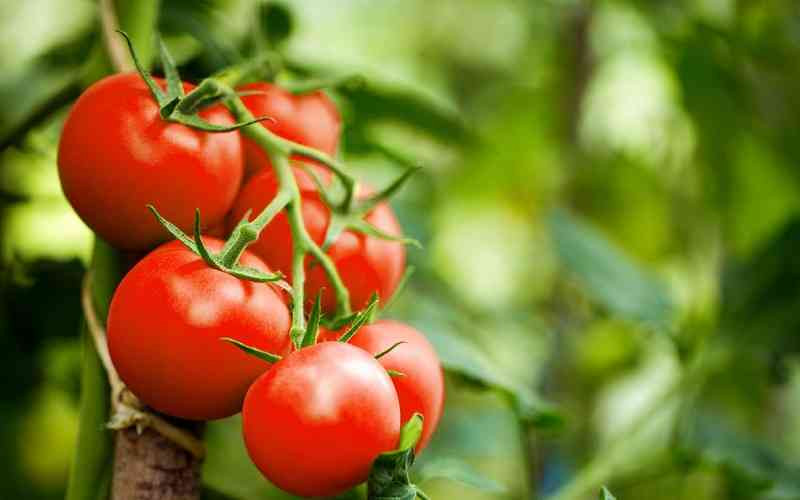×
The Standard e-Paper
Fearless, Trusted News

Over the past few months, Kenyans have been immersed in a furious debate about the merits of so-called 'GMOs' - the catch-all term commonly used for genetically modified food and crops.
It is an important subject because genetic improvements in Kenya's staple food crops like maize could be important in raising yields and adapting to climate change in the face of historic droughts.